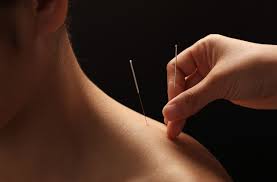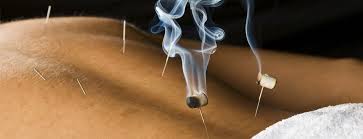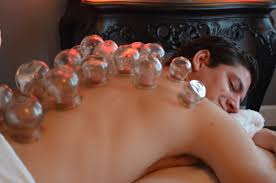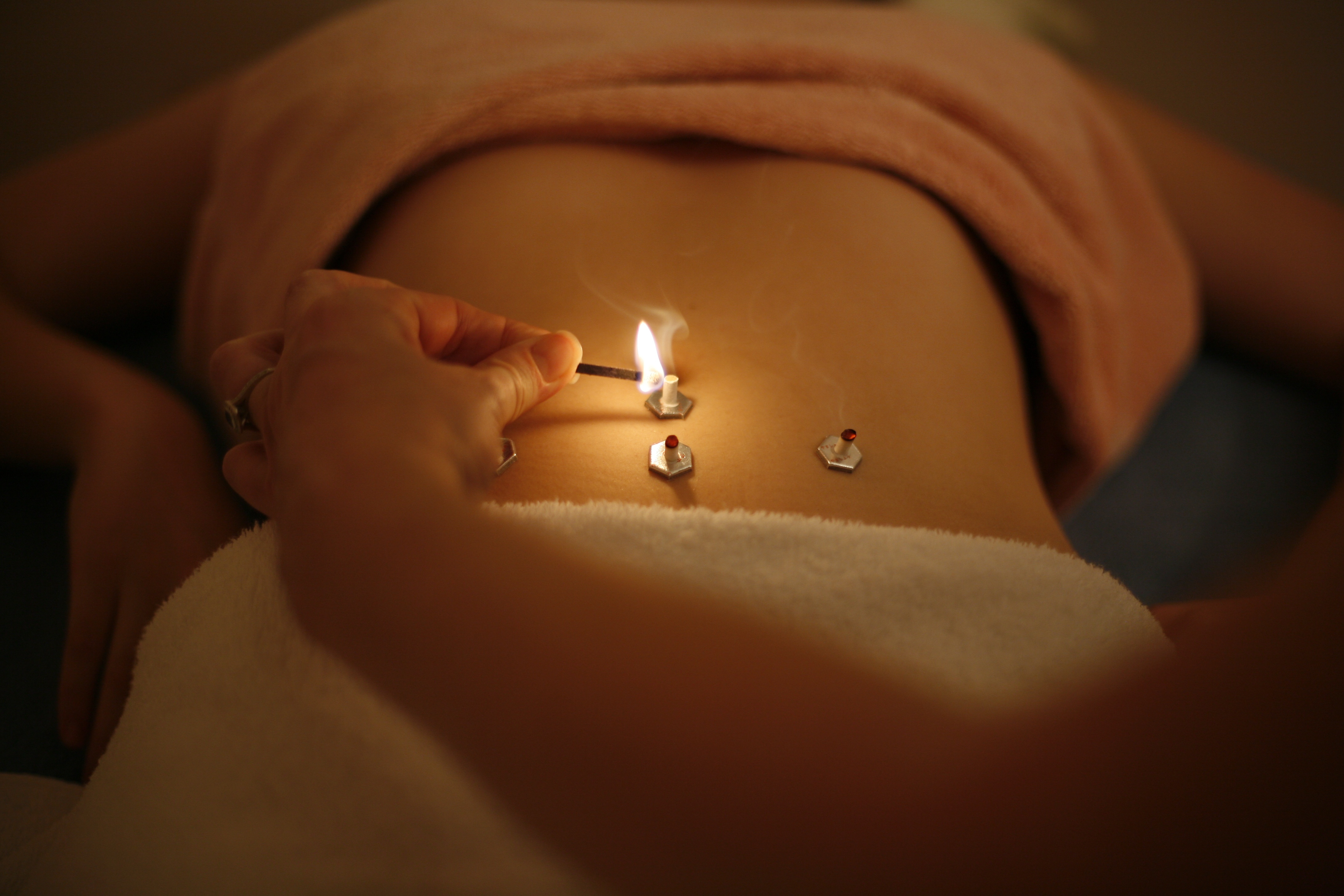Acupuncture FAQs
What is Acupuncture?
Acupuncture is an essential part of Traditional Chinese Medicine. It is based on ideas and theories formulated over thousands of years. Acupuncture is the insertion of very fine needles into specific sites on the body chosen according to the guiding principles of Traditional Oriental Medicine. How and where the needles are inserted encourages the body to promote natural healing by enhancing recuperative power, immunity, physical and emotional health and improves overall function and well-being. Acupuncture balances and maintains our health in a natural way.
Is acupuncture safe?
Yes. Only sterile disposable needles are used. Because of the training an Acupuncturist receives, acupuncture is very safe. If a comprehensively trained acupuncturist performs the treatment, your safety is assured.
How old is Chinese Medicine?
As a system of medicine, acupuncture is over 2500 years old, and may have been practiced in China in a rudimentary form 5,000, even 7,000 years ago. The oldest continuously used medical textbook is the “Huang Di Nei Jing” (“Yellow Emperor’s Internal Classic”). Still relevant today, this textbook remains a valuable reference on the theory, and on acupuncture techniques that practitioners still use. The practice of acupuncture has evolved and changed in the last 2500 years – many new techniques have been developed, and continue to be developed today.
Is acupuncture painful?
Acupuncture needles are very thin. Most people do not find the insertion of such hair fine needles to be painful. Acupuncture needles are hair fine, unlike injection needles, which are thicker, hollow and have cutting edges. This is why acupuncture feels nothing like getting a shot or having blood drawn.
What conditions can you treat?
Acupuncture is used for a broad range of health issues including chronic and degenerative diseases as well as acute conditions and pain. Acupuncture can benefit the immune system by strengthening it if it is weak, or by moderating it if it is overactive. The following list is just a sample of health issues I have treated with acupuncture:
- Facial Pain
- Neck Pain
- Temporomandibular Joint Disorders(TMD)
- Contracture of Joint/Spasm of Muscle
- Shoulder Pain/Frozen Shoulder
- Back Pain/Low Back Pain
- Sciatica
- Fibromyalgia/Myofascial
- Pain/Neuralgia/Neuritis
- Headache/Migraine
- Neuropathies
- Carpal Tunnel Syndrome
- Automobile and Sports Injuries
- Arthritis/Osteoarthritis/Rheumatoid arthritis
- Tendonitis/Tennis Elbow
- Stress, Depression and Insomnia
- Menopause Syndrome/PMS
- Gynecological Disorders
- Bell’s Palsy/Post-stroke effects
- Allergies, Respiratory Diseases
- Skin Diseases
- Smoking Cessation
- Digestive System Problems/Constipation/IBS/ Nausea/Vomiting
- Cancer Treatment Support
- Immunity Enhancement
What is acupuncture treatment like?
You may feel a slight sensation resembling a pinch or a mosquito bite when the needle is inserted. Once the needles are placed there may be a slight tingling, numbness or heaviness in the area while the practitioner is stimulating the point. These are positive signs that the needles are affecting the acupuncture point. Usually you will be lying on a comfortable padded table. Often, people become very relaxed and fall into a light sleep during the session.
What should I expect from my first visit?
The Acupuncturist will ask you a series of questions and do a full health history in order to find out the underlying cause of your health issue or disorder. The Acupuncturist will ask about your symptoms, health and life-style. Afterward the Acupuncturist will examine your tongue, feel your pulses and palpate various parts of your body. This helps the Acupuncturist find patterns that tell which organs and meridians are out of balance. With this information the Acupuncturist will identify a pattern of disharmony according to Oriental Medical theory and will make a treatment plan to address it. After your initial interview, you may receive an Acupuncture treatment.
How should I prepare?
- Come with any questions you have, we’re here to help you.
- Wear loose, comfortable clothing for easy access to acupuncture points.
- Don’t eat large meals just before or after your visit.
- Refrain from overexertion, drugs, or alcohol for up to 6 hours after the visit.
- Avoid stressful situation. Make time to relax and be sure to get plenty of rest.
- Between visits, take notes of any changes that you may have experienced.
How long do treatments take?
An office visit will last from 30 minutes to 1 hour. The needles, once inserted, will usually be left in place from 15 to 45 minutes. Ultimately, the session length depends on the technique and desired results.
How many treatments are needed and how often?
Although some people will respond well to only one treatment, more are often necessary. The frequency of treatment and number of treatments needed is related to the patient’s condition. Generally, the longer the patient has had the condition the longer the course of treatment will be before showing substantial and lasting results. Acupuncture can be scheduled as often as five times a week or as little as once a month. Typically, in China, patients are treated two to five times a week. Although some patients respond favorably after only one or two treatments, others may not respond even until the ninth visit. As symptoms improve fewer visits are required. A client should discuss his or her treatment program with the Acupuncturist, as each individual case is unique.
Where can I find more information about Acupuncture?
There are many web pages where additional information can be obtained. Please check the links on this website.
The following books are commonly recommended reading: “The Web That Has No Weaver”, by Ted Kaptchuk, OMD, and “Between Heaven and Earth, by Harriett Beinfeld, and Effram Korngold.
Should I keep my appointment if I'm sick?
Yes. Acupuncture and Chinese herbs are highly effective for treating acute conditions, such as colds and flus, stomach viruses and headaches. Patients report immediate improvement in symptoms after acupuncture treatment or commencing herbal therapy. An oft-repeated phrase by happy patients is, “As soon as I started taking the herbs I felt better!”
Many patients call immediately to schedule a treatment when they first notice cold or flu symptoms. These include healthcare practitioners who don’t want to get their patients sick, business professionals who are too busy for a sick day or two, and patients who are chronically ill and want to ‘get this one over with, quickly’.
So if you’re sick, call your acupuncturist and make an appointment. If you have an appointment scheduled, keep it. If you’re concerned about being contagious to your practitioner, request an herbal consultation instead of a treatment.
What is a Medical Acupuncturist?
This is an important question of great concern in the Oriental medical profession. Medical acupuncturists are MD’s who have taken a 100-300 hour course in acupuncture (often at UCLA) allowing them to practice on patients. (Chiropractors are also legally allowed to practice acupuncture after completing a 300-hour course.) They do not have the extensive education and training in Oriental medicine NCCAOM certified practitioners receive.
NCCAOM certified practitioners must have graduated from an accredited acupuncture college with a minimum of two years and 1,700 hours for Acupuncture certification, or 2,200 hour for Chinese Herbology or Oriental Medicine certifications. (Oriental Medicine is a comprehensive certification demonstrating knowledge and training in acupuncture, Chinese Herbology, western biomedical sciences, Chinese dietary therapy, Tui Na massage, Tai Qi and Qi Gong. [What are the licensing and certification requirements for acupuncturists?] However, most acupuncture college programs are considerably longer, taking three to four years of fulltime study to complete. California acupuncture colleges adhere to especially stringent laws, requiring 3,000 hours of education and clinical training, of which 2,000+ hours must be in the discipline of oriental medical theory. [Licensed Acupuncturists vs. Certified (Medical and Chiropractic) Acupuncture]
Of even greater concern is the 300-hour course for MD’s and chiropractors was designed to give medical researchers the appropriate background necessary to develop and interpret studies on acupuncture. The Medical Acupuncture certification was not designed to meet the educational requirements and training necessary to treat patients. If your doctor provides Medical Acupuncture services, inquire whether s/he is certified by NCCAOM, the most rigorous and extensive level of certification in the Oriental medical field.
Sanzen Acupuncture
12750 SW 2nd Street, Suite 102
Beaverton, OR 97005
503-277-1430
12750 SW 2nd Street, Suite 102
Beaverton, OR 97005





